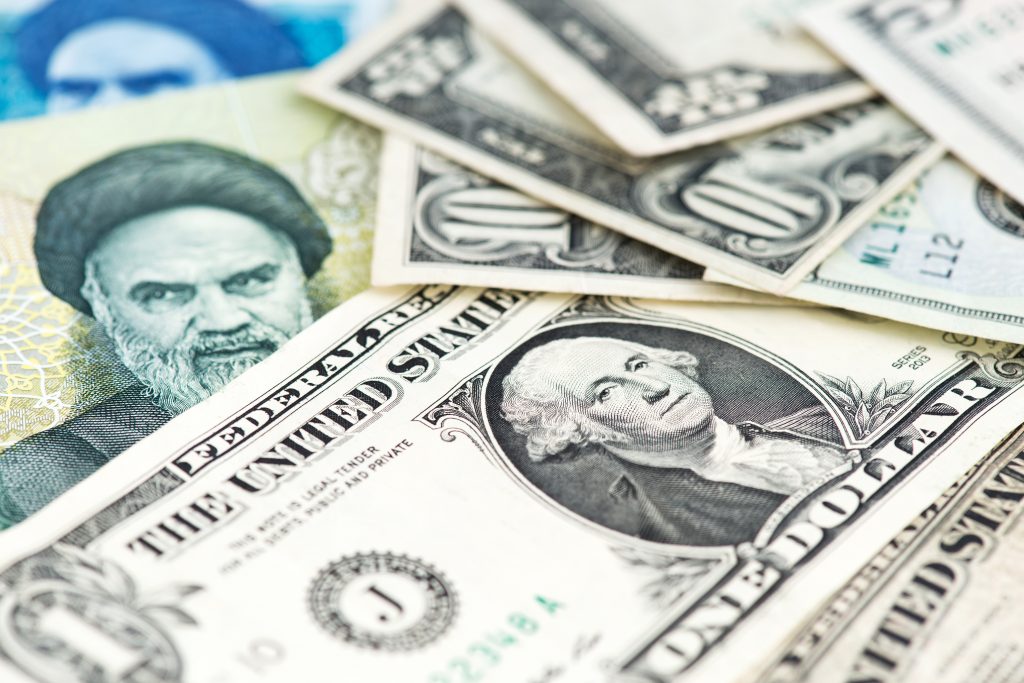Recent in-depth market analysis sheds light on the burgeoning field of nuclear medicine in Saudi Arabia and the broader Middle East, highlighting the current status and future prospects of the radioisotope market. The report encompasses a wealth of historical data, present market trends, and forecasts the trajectory of technological innovations and opportunities.
Market Synopsis:
Radioisotopes, which are radioactive isotopes, have found extensive use in medical imaging, radiotherapy treatment, and research. Some commonly utilized radioisotopes include technetium-99m, cobalt-60, and iodine-131.
Market Drivers:
The demand for radioisotopes is surging in the region, fueled by the increasing incidence of cancer and cardiovascular conditions. The World Health Organization has identified cancer as the second leading cause of mortality in the Middle East and North Africa, accounting for nearly one-fifth of all deaths. Additionally, the growing awareness of the importance of early disease diagnosis, coupled with the rising adoption of nuclear medicine, is propelling market growth. An aging population, more susceptible to chronic diseases, is also contributing to a higher demand for diagnostic imaging services and radioisotopes.
Leading industry participants include GE Healthcare, IBA, Sumitomo Corporation, and a host of others who are influential in shaping the market landscape.
Market Dynamics: The growing elderly population and escalating chronic disease cases are major factors driving the uptake of radioisotope-based medical diagnostics and treatment. Radioisotopes play a pivotal role in PET and SPECT scans, along with nuclear medicine therapies, providing essential diagnostic information that aids in formulating effective treatment strategies.
Market Constraints: Despite their advantages, the production and management of radioisotopes must adhere to stringent regulations concerning radiation safety to prevent tissue damage. International bodies like the International Atomic Energy Agency (IAEA) have set guidelines for handling radioactive materials, and Middle East nations have developed their safety frameworks in alignment with global standards. The complex licensing processes and compliance requirements can increase costs and extend production timelines, hindering market growth.
Market Opportunities: Technological advancements have uncovered new non-medical applications for radioisotopes in sectors such as oil & gas exploration, non-destructive testing, and food preservation. With regional economies diversifying, the demand for isotopes in non-healthcare industries is expected to skyrocket, presenting new revenue streams for producers.
Market Trends: A significant shift towards self-reliance in essential technological domains is observable in the Middle East. Governments are increasingly focusing on reducing import dependencies by fostering domestic radioisotope production. Regional collaborations and knowledge transfer initiatives are also being prioritized to bolster local expertise in radiopharmaceutical sciences.
The report serves as a strategic tool for business owners, providing insights on newly approved products, ongoing R&D, and products in the trial phase. Market segmentation includes various radioisotopes and applications, offering a comprehensive view of the market to stakeholders.
Geographic Reach: The report covers numerous Middle Eastern countries, providing detailed insights into each market.
Coherent Market Insights is revered for its market intelligence and consulting prowess, assisting clients globally in making informed business decisions. With a robust client base spanning 57 countries, the firm stands committed to delivering reliable and actionable market reports.
